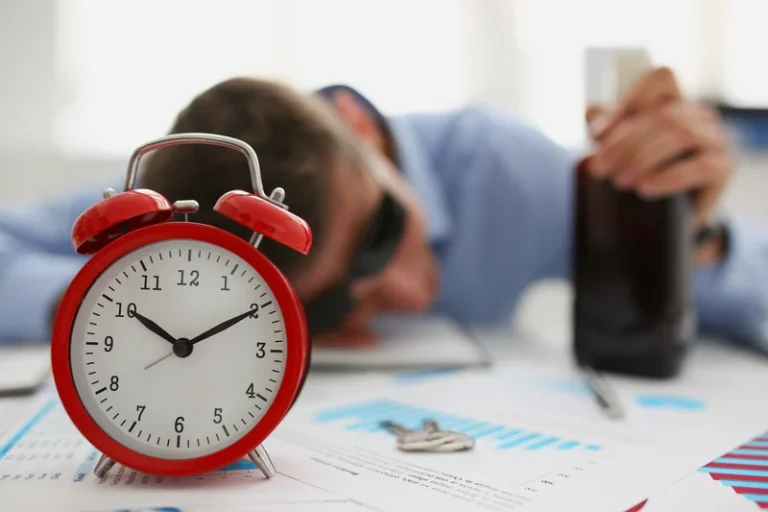They can provide valuable advice, guide you through the legal process, and help you protect your rights and interests. They will assist you in gathering evidence, filing appropriate legal documents, and represent you in court proceedings. Divorcing a high-functioning alcoholic might have some unique details, but it generally follows the same steps as any other divorce. Things can get tricky if you have shared assets or children, so it’s smart to consult a divorce lawyer who knows the ropes. Once you file for divorce, your lawyer will guide you through the next steps, including custody arrangements and dividing assets. For emotional support, a client support coach can help, while an experienced family law attorney will handle the legal side.
Understanding the Challenges of Divorcing an Alcoholic
They will be well-versed in the legal procedures and requirements specific to your jurisdiction, providing invaluable guidance and support throughout the process. If your spouse refuses to seek treatment for their alcohol addiction, it’s important to prioritize your own well-being and safety. You may want to consider seeking support from a therapist or support group for partners of alcoholics. It’s also important to work with a skilled lawyer who can help you navigate the legal process and ensure that your rights are protected throughout the divorce. Divorcing a spouse who is an alcoholic can be particularly challenging when children are involved.
Resources for Partners of Alcoholics
Those are courageous men and women who have overcome a terrible disease that can have debilitating consequences on the body and essentially every other aspect of life. Every day, week, month and year continues to be a battle for them to remain sober. After the inpatient stay is complete, your loved one may transition into an outpatient program or begin other aftercare appointments. Aftercare involves ongoing support services, like therapy sessions or group meetings, that will help your loved one maintain long-term recovery and avoid potential relapses. If you have a joint account with your alcoholic spouse, call your bank to see if you can lower the daily withdrawal limit. That way, if your spouse tries to make any unusual or large withdrawals, the bank may contact you for authorization first.
- Like all things in an alcoholic marriage, aren’t they in denial until the truth is inevitable?
- It should not be used in place of the advice of your physician or other qualified healthcare providers.
- When it comes to divorce proceedings involving an alcoholic spouse, it’s necessary that both parties are fully aware of any potential legal implications regarding the misuse or abuse of marital assets.
- Furthermore, there’s a stigma linked with alcoholism, so you may feel like you can’t talk openly about the situation with friends and family.
Alcoholism and Divorce Statistics
When your spouse has AUD or misuses alcohol, it can lead to unpredictable behavior, impaired judgment, and neglect of responsibilities. This can create an unstable home environment, affecting you and your children’s mental and emotional well-being. In the context of divorce, understanding these conditions functional alcoholic husband can be crucial in court, especially when discussing child custody and visitation arrangements. By taking steps to protect your children’s well-being during a divorce from an alcoholic spouse, you can ensure that they have the support and stability they need during this difficult time.
If you decide to pursue a divorce, it’s good to know what options you have, what rights you’re entitled to and what support is available as you move forward. If you have children and you fear for their safety, make sure the attorney is aware of your concerns so you can develop a custody plan to keep them safe. At The Recovery Village Cherry Hill at Cooper, your loved one will be given a complete medical assessment upon arrival at the facility. From there, they’ll begin a personalized treatment program for their addiction.
Demonstrating the Impact of Alcoholism on Parenting Abilities
- When getting divorced, it’s important to understand your rights and the legal steps available to you.
- Allow yourself to grieve the end of your marriage, but also take time to celebrate the beginning of a new chapter in your life.
- Children of individuals struggling with alcohol misuse are at a higher risk of experiencing various forms of abuse and neglect, which can lead to emotional and behavioral problems.
- Even so, proven sobriety will most likely allow the former spouse to carefully restore a relationship with the minor children.
- If liquor addiction is a factor in your divorce, you must prove it in court.
- Navigating the challenges of divorcing an alcoholic requires careful consideration of the well-being of both yourself and your children.
- In some cases, the court may order supervised visitation or limit the addicted parent’s time with the children until they can demonstrate that they are able to provide appropriate care.
If your spouse refuses to get help for their addiction, it can be extremely challenging. You may be wondering what you should do if they refuse treatment or intervention services. Divorce is a difficult and complex process, no matter the circumstances. Unfortunately, divorcing a spouse who is an alcoholic can add an extra layer of complexity and confusion. According to research from the National Institute on Alcohol Abuse and Alcoholism, 16 million Americans have an alcohol use disorder (AUD). This means that many individuals may face this difficult situation as they consider divorce.
Thinking about divorcing an alcoholic? There are a few things you should know
There can also be declines in their mental and overall health, especially if they’re not eating healthy diets or engaging in physical activity. While their appearance may not be any different and they can still fulfill their responsibilities, you’ll start to see a pattern develop of turning to alcohol to cope with family, work or personal issues. The desire and realization that he needs professional help has to come from him, not her or anyone else close to him. He doesn’t get falling down drunk, but seems to need alcohol, pot, sleeping pills, and anti-anxiety meds to manage his anxiety. I have done my best to detach from his drug use and live my own life, but I worry about our future together. BetterHelp offers affordable mental health care via phone, video, or live-chat.
Rehab Resources
It’s important to work with a lawyer who has experience dealing with divorce cases involving addiction. A knowledgeable lawyer can help you develop a strategy for protecting your assets and ensuring that you receive a fair settlement. They can also help you understand your legal options and provide guidance on how to navigate the court system. For more information and resources on alcoholism and addiction, visit SAMHSA.





